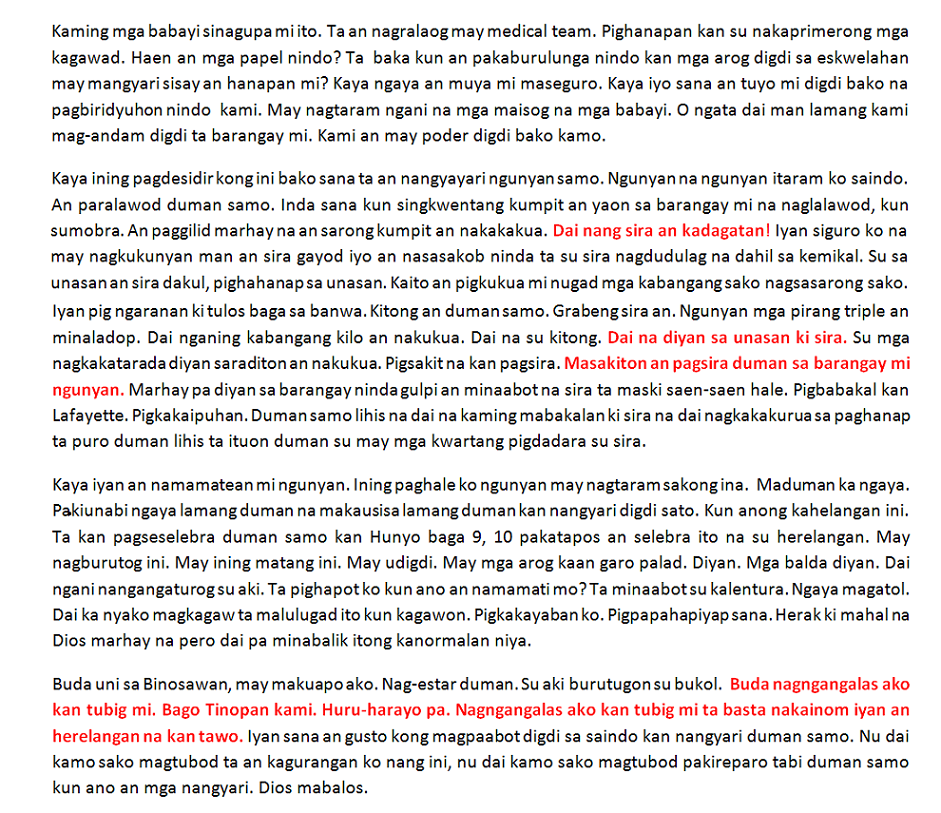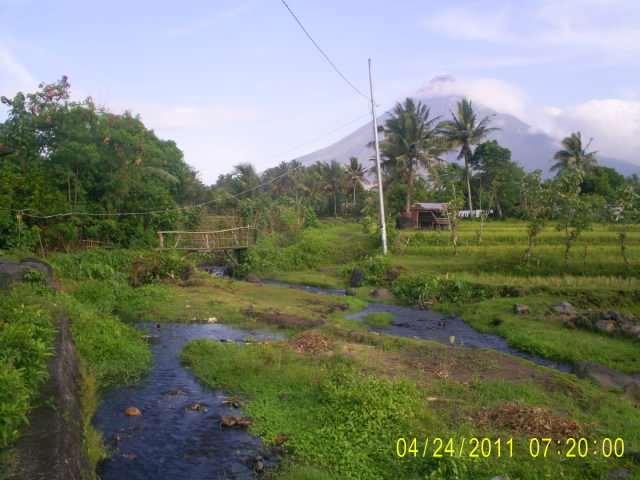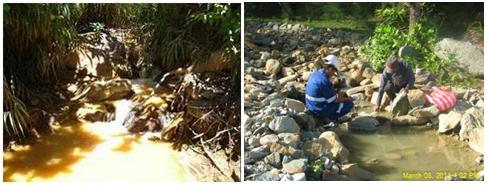Manila Bulletin
Business
Friday, April 4, 2008
The government’s plans to draw in billions of dollars to revive the once-mighty Philippines mining sector could be tripped up by rising costs, competition and gloomy financial markets.
Land ownership disputes, communist and Muslim insurgencies and bureaucratic red tape can hold up projects for decades, despite the government’s public support for the sector, miners and fund managers said yesterday.
With such a challenging external environment, mining companies may choose to skip the Philippines, where deposits are abundant but relatively low grade, in favor of less troublesome destinations in South America and elsewhere in Asia.
"We have so many opportunities around the world available to us, if it’s complicated, then we just couldn’t be bothered to worry about it," said Jesse James of Geologic Resource Partners, a 0 million Vancouver-based commodity fund.
After years of hiatus, a new ownership law means foreign firms are back exploring mineral deposits around the archipelago, but convincing them to sink the massive sums needed to start a new mine could become difficult as operating costs climb and raising capital becomes more difficult on jittery markets.
High commodity prices, which had made seeking new deposits attractive, could also be set to plateau, according to some analysts.
"If the Philippines misses this commodity cycle, a lot of the developments will be economically challenged," said Jim Askew, chairman of Australian miner OceanaGold.
"It’s critical we get mines working during this period," said Askew, who is also chairman of Sino Gold Mining, which has gold operations in southern China, and Asian Mineral Resources, with interests in Vietnam.
James and other investors were in the Philippines to visit a mining project wholly owned by OceanaGold and one of three big mines expected to come on stream in the Philippines between now and mid-2009.
The company will become only the second foreign group to avail of new ownership laws and fully operate a mine in the Philippines when its Didipio gold and copper project, which it became owner of in 2006, opens next year.
Didipio will have taken nearly 20 years to get up and running by the time it starts commissioning in 2009, reflecting problems with land ownership, the legal system, bureaucratic red tape and falling commodity prices in the 1990s.
A Supreme Court ruling in 2004 cleared the way for 100 percent foreign ownership in Philippine mining projects and an expected revival of a sector that was one of the industry’s giants in the 1980s and has billions of dollars in untapped mineral wealth including gold, copper and nickel.
But investors have already had their fingers burned.
Australia’s Lafayette, the first foreign group to take advantage of the new 100 percent ownership law, came close to bankruptcy after two cyanide spills at its copper plant resulted in the government closing it down for over a year.
Didipio is now viewed as the second test case and if it is a success it is hoped it will be a catalyst for further investment.
"Most of these projects that we are banking on are so-called world class deposits that are relatively high in grade and quality and large tonnages and these are the sort of things that can withstand the cyclical nature of price and high cost," said Horacio Ramos, director of the Philippines’s Mines and Geosciences Bureau.
Manila is banking on a $ 1-billion investment by Xstrata in its Tampakan project in the southern Philippines, one of the largest undeveloped copper deposits in Southeast Asia. Ramos said development would start next year.
But investors say with attractive propositions in other countries such as Vietnam, Colombia and Namibia, the Philippine government still needs to do more to cut back on corruption, bureaucracy and complex tax structures to woo capital from other countries.
"To me, nothing has really happened since I was last in the Philippines in 1995," said James from Geologic Resource Partners.
Only around $ 1 billion has flowed into the Philippine mining industry in overseas investment since 2004 but the government is hoping that this will surge to around $ 10 billion within the next three years due to record commodity prices and the country’s proximity to resource-hungry China.
Analysts have said that estimate is overly optimistic.
"If they do not get going and get it done in the next few years, they are going to be late on the boat and maybe miss it," said David Curran, a fund manager with Singapore-based Spinnaker Capital Group. (Reuters)
































































































































No comments:
Post a Comment